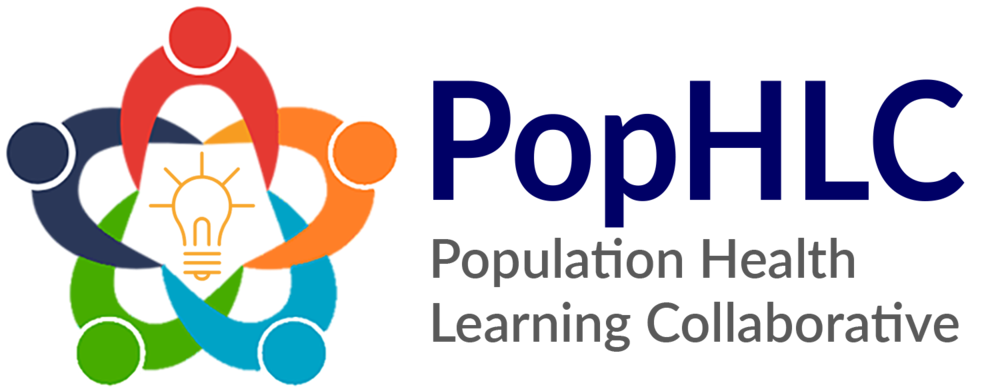Use ESSER $$ for Dashboard Tech to Benefit Students & Schools
March 15th, 2022 | NOW ON-DEMAND
The COVID-19 pandemic disrupted school operations and student learning, threatening to widen existing academic achievement gaps. As school districts and communities rebound from two years of unpredictability and remote and hybrid learning, we look at how data and technology can:
Help build a more complete picture of factors that impact student success,
Help school districts better develop, implement, and monitor strategies to address student needs, and
Support better student outcomes.
Part 1: Using Data “Outside Your Four Walls” to Improve Student Outcomes
In this webinar, Stefany and Matt will share about the growing understanding of social determinants, long used to inform public health and healthcare initiatives, and how “Social Determinants of Education” can be blended with school data to understand the impact on student achievement. They will analyze geospatial data and discuss examples of public and private data sources that can reveal insights down to a neighborhood level and help identify high-priority areas for interventions that will have the most impact.
In addition to viewing dashboards that show how social determinants data can provide valuable insights and support decision-making, they will also discuss ESSER and available funding sources for investing in technology and data-driven solutions that inform high-impact strategies for student success. Most importantly, they will explain how administrators can use data analytics and dashboards to evaluate upstream factors that impact student success, better address gaps in the student communities they serve, and enable more rapid learning and improved student outcomes.
Part 2: Dashboards to Support and Monitor Multi-Stakeholder Strategy Success
Most dashboards merely display easily available data in a variety of charts and tables. This is often of very limited value with regard to supporting the work on strategies to achieve significant improvements. Bill Barberg will share about a much more powerful dashboard approach that goes beyond just prettying up typical school statistics without adding a lot of value. He will share how strategy management dashboard capabilities bring clarity to the progress of the strategies being worked on to address the most pressing challenges.
A strategy management dashboard is ideal for clarifying important details about what the school districts and their partners throughout the community are doing and how progress is going—monitoring both the actions and their impact. This is more valuable than simply reporting where dollars are being spent—although that can certainly be part of a strategy management dashboard.
Part 3: Streamlining and Simplifying a High-Impact Dashboard Deployment
The final part of the Webinar focuses on how ESSER funding can help with the cost of deploying a high-value dashboard system that will actually contribute to greater success for many years after the one-time funding is used up. The speakers will share ways that school districts (and their community partners) can streamline the process to leverage data, develop measures, and deploy action plans that will benefit the students, the schools, and the community at large.
Speakers
Stefany Goradia is Vice President of Analytics for RS21’s Health Lab, dedicated exclusively to health care. Stefany is responsible for RS21 Health Lab’s data tools, analytics development, and overseeing product and services delivery for clients.
Stefany works with healthcare leaders to access insights from complex data and visualize and improve health—including financial health, performance health, and population health. She has expertise in blending payer and provider data for population health and revenue initiatives and to achieve cost reductions, drive quality improvements, and meet complex regulatory requirements. She has extensive experience with evaluating, valuating, and deriving insights from healthcare technology systems while also serving as a key stakeholder and data-to-business translator.
Formerly, Stefany held analytics and technical roles at healthcare organizations across New Mexico before co-founding Versatile MED Analytics in 2017, a healthcare analytics and business intelligence startup which was acquired by RS21 in 2021 to form a new Health Lab division.
Matt Makofske is a Senior Healthcare Analyst at RS21. As part of the RS21 Health Lab, he works with healthcare leaders improve use of data and access to insights to support positive outcomes for communities. His focus ranges from enhancing data analysis for health systems, building dashboards or applications for state agencies, and determining process flows for public health and community organizations.
Matt’s particular expertise lies in data visualization, social determinants of health, health data, and process improvement. With more than 10 years of experience leading complex, data-informed projects, and driven by learning and sharing knowledge, Matt is committed to making systems work better for people so they can focus more energy on improvement, innovation, and the communities they serve.
Prior to joining RS21, Matt was a senior analyst supporting New Mexico’s Presbyterian Healthcare Services and Project ECHO. He also served in leadership roles at Explora Science Center & Children’s Museum, where he found his passion for supporting vulnerable communities.
Bill Barberg, a co-founder of the Population Health Learning Collaborative, is the President and Founder of InsightFormation, Inc., a Minnesota-based consulting and technology company that helps communities, regions, and states address complex social and health issues that require multi-stakeholder collaboration. His deep background in strategy implementation has been featured in dozens of conference presentations and webinars, and he both organized and hosted the recent virtual summit on Innovations in Naturally Affordable Housing. He has been a pioneer in many projects that have pushed forward the practices for achieving Collective Impact on a wide range of issues—from addressing the opioid crisis to transforming housing re-developments into Communities of Hope in Detroit.
Bill was selected to write the chapter on “Implementing Population Health Strategies” for the book, “Solving Population Health Problems through Collaboration” (Routledge, 2017). His recommendations for using strategy maps are featured as a core recommendation in the new report by the National Academy of Public Administration. Bill recently co-authored a paper for the Journal of Change Management on “Leading Social Transformations to Create Public Value and Advance the Common Good”.



























